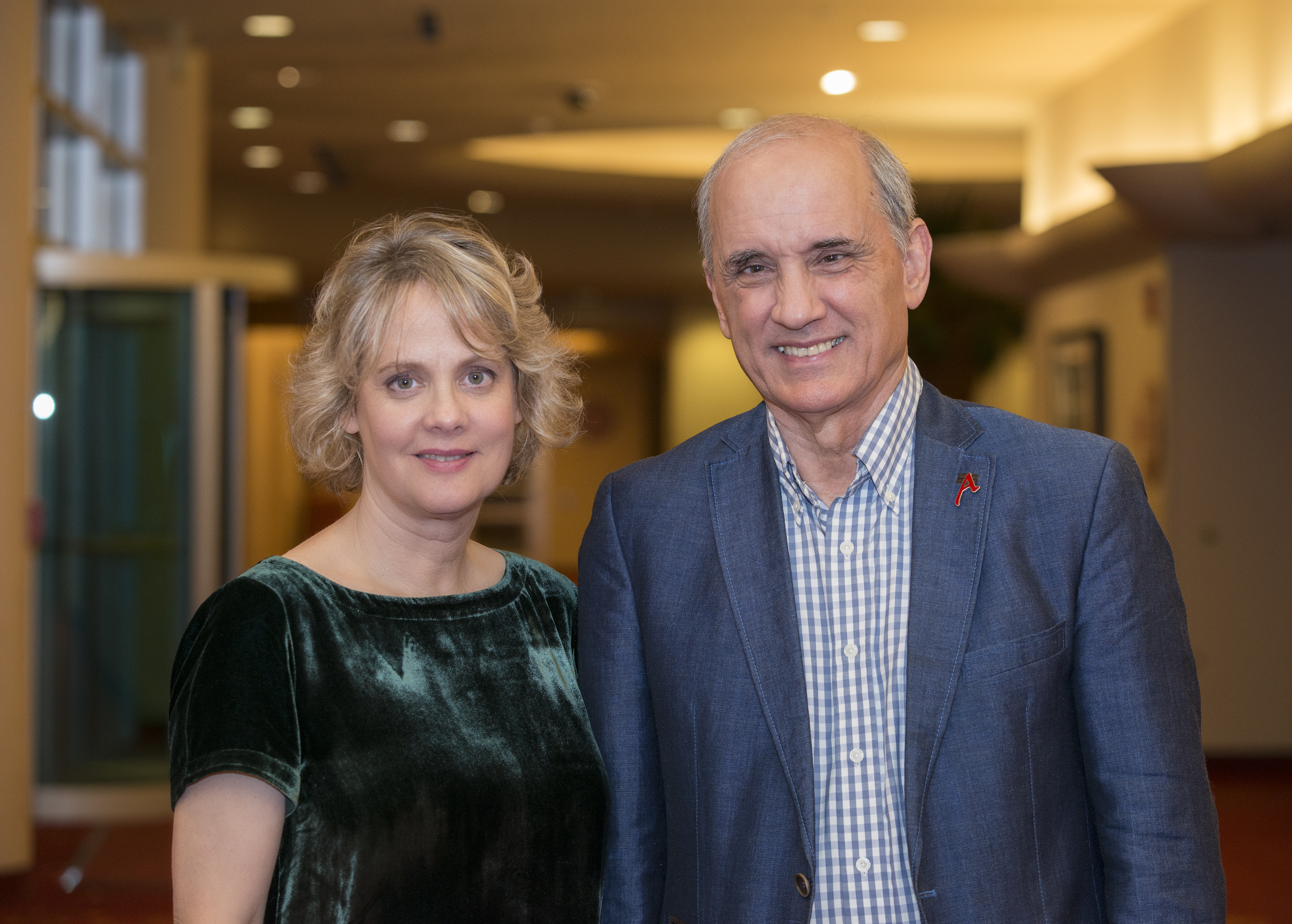The Freedom From Religion Foundation is pleased to report that the Department of Justice has dropped its unconstitutional chaplaincy program. Therefore, FFRF this week has dismissed its lawsuit in federal court.
FFRF filed suit a year ago against then-Wisconsin Attorney General Brad Schimel, after he announced a statewide Department of Justice chaplaincy program staffed by six male ministers, all from conservative Christian faiths. By definition, the program excluded persons who could provide secular counseling to DOJ employees, including atheists and another nonbelievers.
Although the chaplaincy itself was unpaid, the men were under the direction of a paid DOJ chaplaincy program coordinator, and had received training and reimbursement at taxpayer expense. Duties included providing “spiritual guidance” to DOJ employees and their families.
The complaint noted that the program set up a religious test as a condition for employment: Chaplains had to be ordained or licensed clergy in good standing of a faith group. Yet they weren’t required to be professional mental health providers, or be licensed or otherwise regulated by the Wisconsin Department of Safety and Professional Services, like other mental health professionals. FFRF noted that atheists and other nonbelievers were excluded from serving, and the program gave nonreligious DOJ employees no option other than to receive counseling from religious clergy.
Schimel was subsequently defeated by Josh Kaul. The DOJ and Kaul recently dropped the chaplaincy program in favor of what the DOJ terms an “Employee Support Team.”
The DOJ website briefly describes the volunteer program:
“EST services include non-professional counseling to DOJ employees and immediate family members during and after critical incidents, assistance during death notifications, crisis response, assistance to peer support programs, and visitation to DOJ employees and immediate family members who are sick or injured. While employees may always contact whoever they wish for support as they deem appropriate, EST volunteers provide access to support services uniquely tailored to the criminal justice profession.”
Among the experience sought is “training in counseling, police chaplaincy, and/or empathetic listening.” A list of EST volunteers is available on JusticeNet.
“We are reassured that the DOJ has taken FFRF’s concerns seriously, but we will continue to monitor how EST is run. If only ministers and religious counselors fill these positions, we will continue to pursue this as an establishment of religion,” said FFRF Co-President Annie Laurie Gaylor, who along with Co-President Dan Barker, was a plaintiff in the case.
Gaylor points out that Pew recently announced that 26 percent of adult Americans today identify as “atheist, agnostic or no religion in particular.” It should not be assumed that DOJ employees would need or prefer to seek out religious counselors, and of course, are already free to personally consult their own ministers, Gaylor added.
FFRF was represented by Richard L. Bolton from Boardman & Clark LLP and by FFRF attorneys Patrick Elliott and Ryan Jayne.


